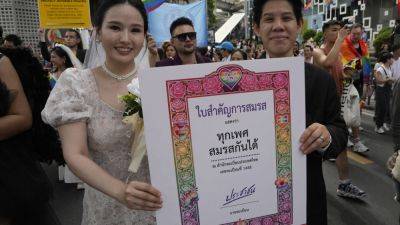Anthems and perceptions
September 23, 2024
ISLAMABAD – In addition to the diplomatic stand-off, Castro’s delegation faced blatant discrimination when New York hotels refused to accommodate them, forcing the group to find refuge in Harlem, a neighbourhood at the heart of New York’s Black community.
However, there was no similar backdrop to what the acting Afghan consul general, Muhib Ullah Shakil, did in Peshawar the other day during the National Rehmat-ul-lil-Aalamin (PBUH) Conference, when he did not stand up for the Pakistani national anthem. Afghanistan justified this refusal to stand by arguing that, since the anthem was set to music, it went against their religious beliefs. Just a few days later, a Taliban diplomat repeated the same action at the 38th International Islamic Unity Conference, where Iran’s president, Masoud Pezeshkian, was also present. Interestingly, Iran is also a state run by the clergy, but its anthem contains music.
Whatever the Taliban’s justification may have been, such junctures are considered an affront to the national dignity of the hosting state. Apart from the Cuban delegation’s protest of America’s undignified ‘hospitality’ and the Cold War background, there are several other examples where actions disrupting or going against flag hoisting or anthems of nations have had wider implications for bilateral ties.
Diplomatic protocols for national anthems vary by country and occasion, but standard guidelines are generally followed during official ceremonies. These protocols may accommodate religious or cultural sensitivities; for example, diplomats from certain countries might refrain from specific gestures during anthems due to religious customs, and host nations usually respect such practices as long as it is







